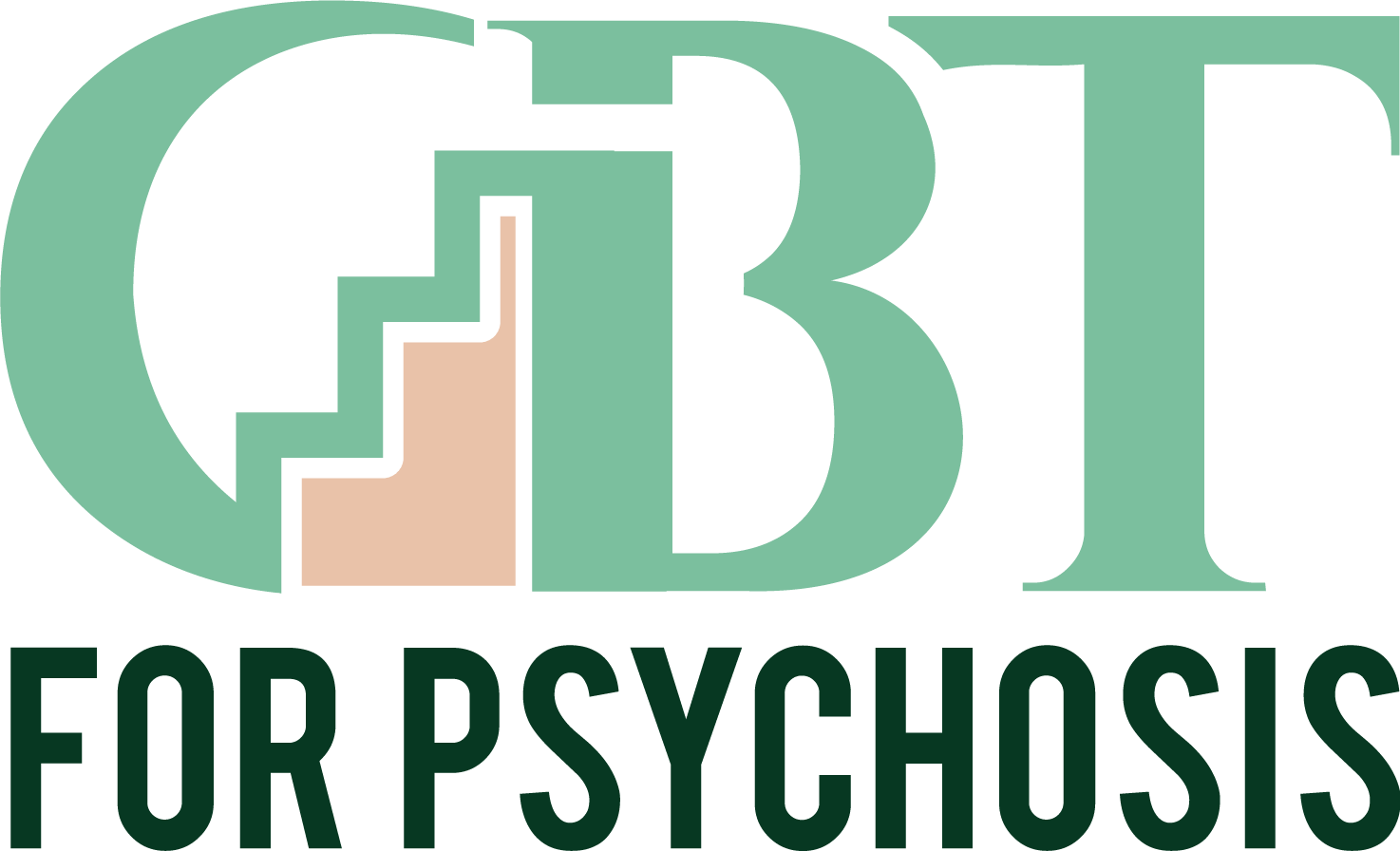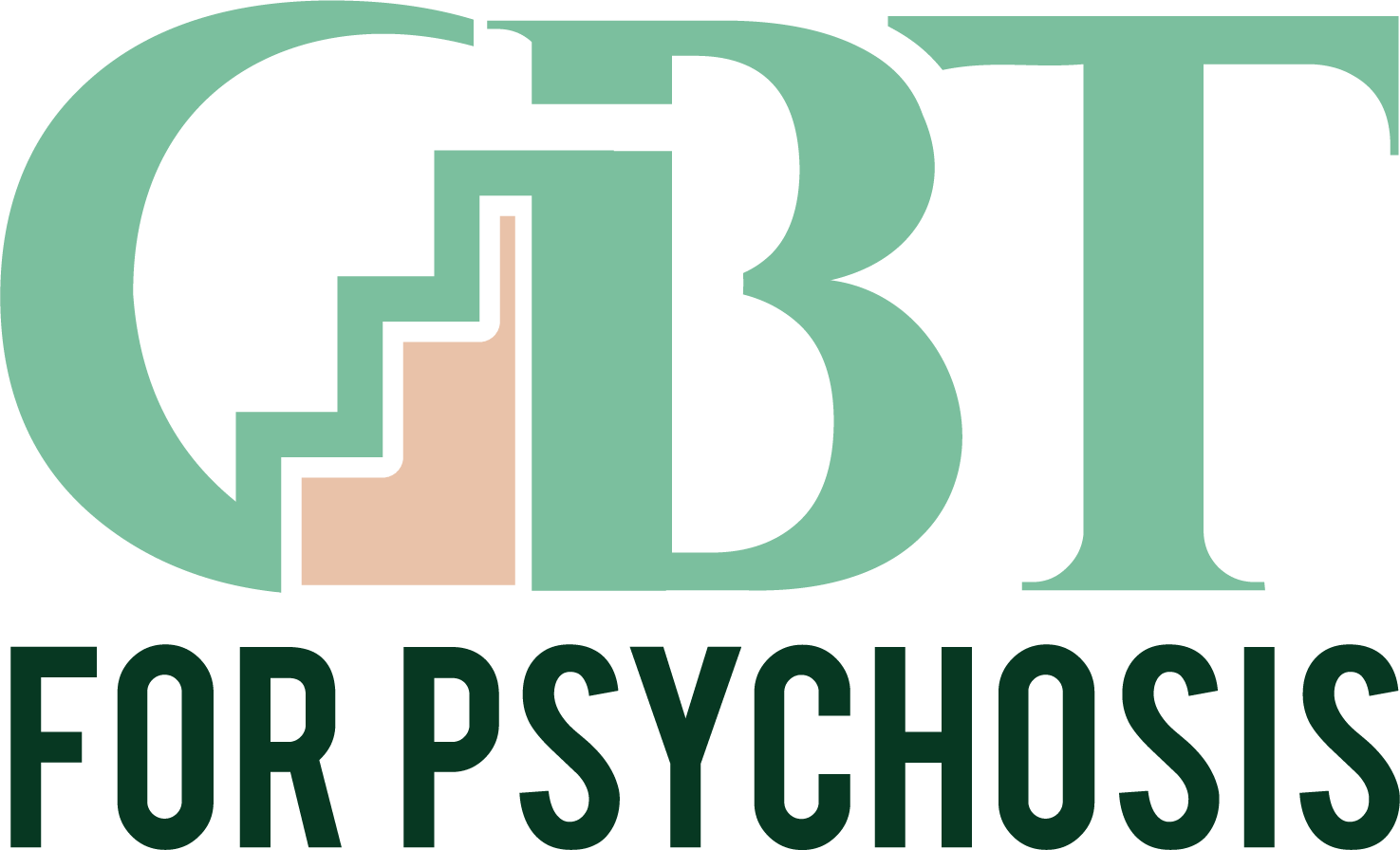Evidence-Based Training in CBTp
We use the ACCESS model of evidence-based training and dissemination (Stirman et al., 2010). This means that for organizational trainings we meet with you by phone/teleconference call prior to the training to discuss your needs, tailor the workshops specifically to your organization, and determine possible obstacles to implementation and sustainability that we then endeavor to overcome from the start. Because we know that trainees lose 50% of the knowledge they gained at a workshop through attrition in the seven days following it, and that follow up coaching calls are necessary to prevent this and create clinical practice change, all training packages include at 6 months of follow up coaching calls. We are also now providing all trainings as a hybrid of online, on-demand didactic material and live clinical practice webinars, which again maximizes learning and minimizes the likelihood of training fatigue.
Please contact us for more information on how to set up a training for your specific organization or fill out our contact from below with details of the training you are looking for.
For your convenience we have transitioned all our workshops to a hybrid of online, on demand learning that you can complete at your own convenience, and shorter live experiential workshops during which you will learn and practice relevant clinical skills. Please reach out if you have any questions about this transition.
*We are now offering organizational pricing for our Online On-demand course The Fundamentals Behind CBTp* This interactive course is suitable for licensed clinicians as well as frontline staff such as psych techs, nurses, vocational rehab specialists, case managers and peer specialists. It covers key topics to increase client engagement, staff empathy and rapport building, and reduce staff burn-out. It is available with or without CE credits depending on cost preference. Please email us here for more information and pricing.
Potential Workshop Topics
(All of which can be tailored to your specific organization needs and all currently happening via Zoom)
This is our most popular training and provides online interactive material plus 3x three hour live clinical practice webinars in CBTp aimed for those clinicians working in coordinated specialty care teams for early psychosis. Clinicians and other staff will be introduced to a maintenance formulation model of CBTp. Staff will get the most from this training if they have basic competence in general CBT.
Many clinicians are providing CBTp for psychosis in a group setting but unsure of which protocol to chose. This training covers 3 different Group CBTp protocols and the specific settings they are appropriate for. Delivered via online interactive material plus 1x three hour live clinical practice webinar. Staff attending this training must have previous training in CBTp.
Another of my most popular training, delivered via online interactive material plus 2x three hour live clinical practice webinars in CBT aimed for those clinicians and other staff working in specialist teams for Clinical High Risk for psychosis. Staff will get the most from this workshop if they have basic competence in general CBT.
Is your team already trained to competence in CBTp? Looking to advance their skills with the addition and evidence based integration of third wave interventions (Acceptance and Committment, Compassions focussed, Mindfulness etc.) plus additional techniques in working with command auditory hallucinations and dual diagnosis PSTD plus psychosis? Delivered via online interactive material plus 2x three hour live clinical practice webinars. Staff attending this training must be proficient in CBTp first.
The first step in your staff’s CBTp learning journey. This course covers key principles that underlie CBTp including the normalization of delusions and hallucinations, empathy enhancement and communication; and is beneficial to both licensed clinicians working towards accreditation in CBTp and to front line staff looking to increase their knowledge and skills in working with psychosis. The course is available in an entirely online, on-demand format and includes options for individual sign up or discounted bulk organizational pricing.
Does your staff work with patients with psychosis in a frontline capacity as nurses, psych techs, patient care assistants or technicians? Then this course is for you! As licensed psychologists who have worked inpatient for many years in NYC, we appreciate the stressors that nursing staff are under when working with folks with psychosis: frequent verbal aggression and potential for violence from patients on the one side; and pressure from administration to provide cutting edge evidence based treatments all while completing your standard of work on the other. This online, on demand course takes less than 4 hours to complete and is available for individual sign up or discounted bulk organizational pricing.


